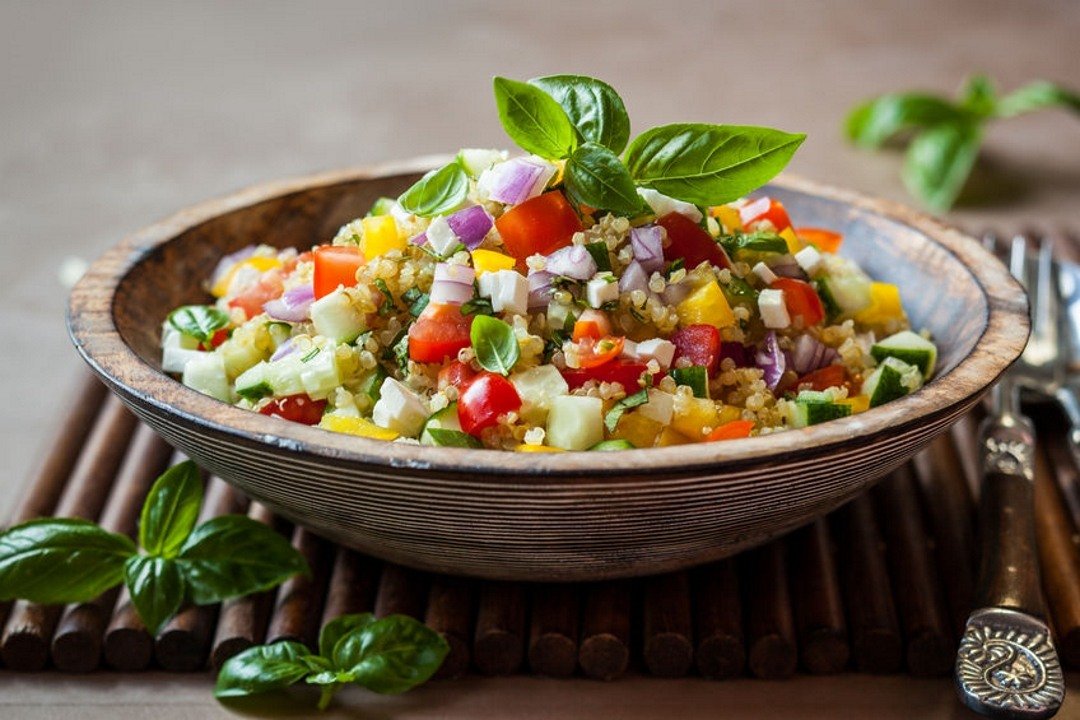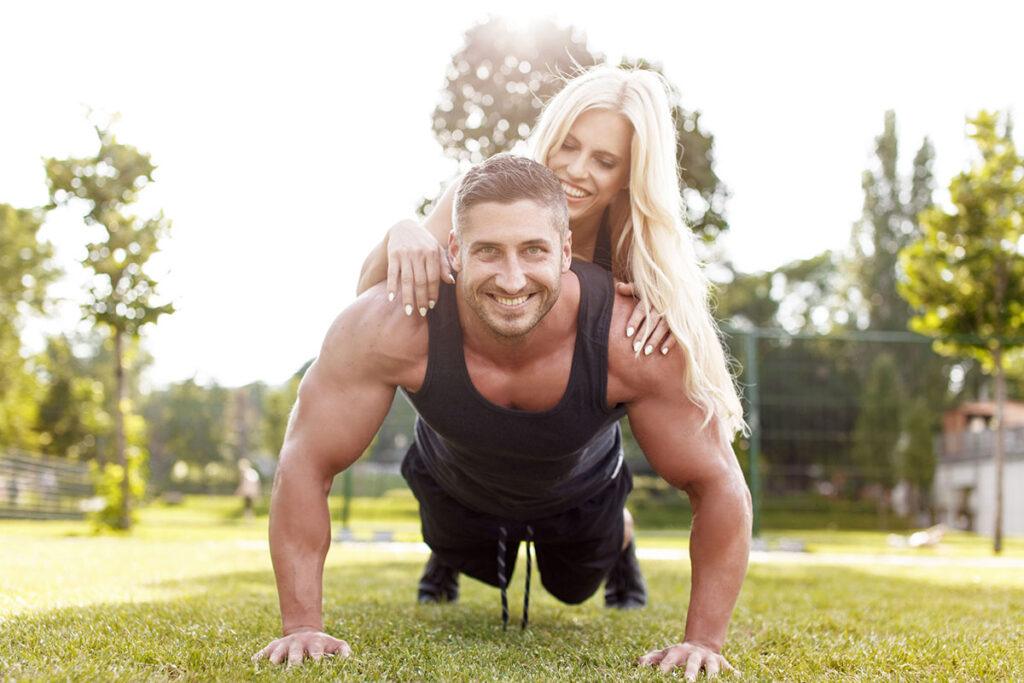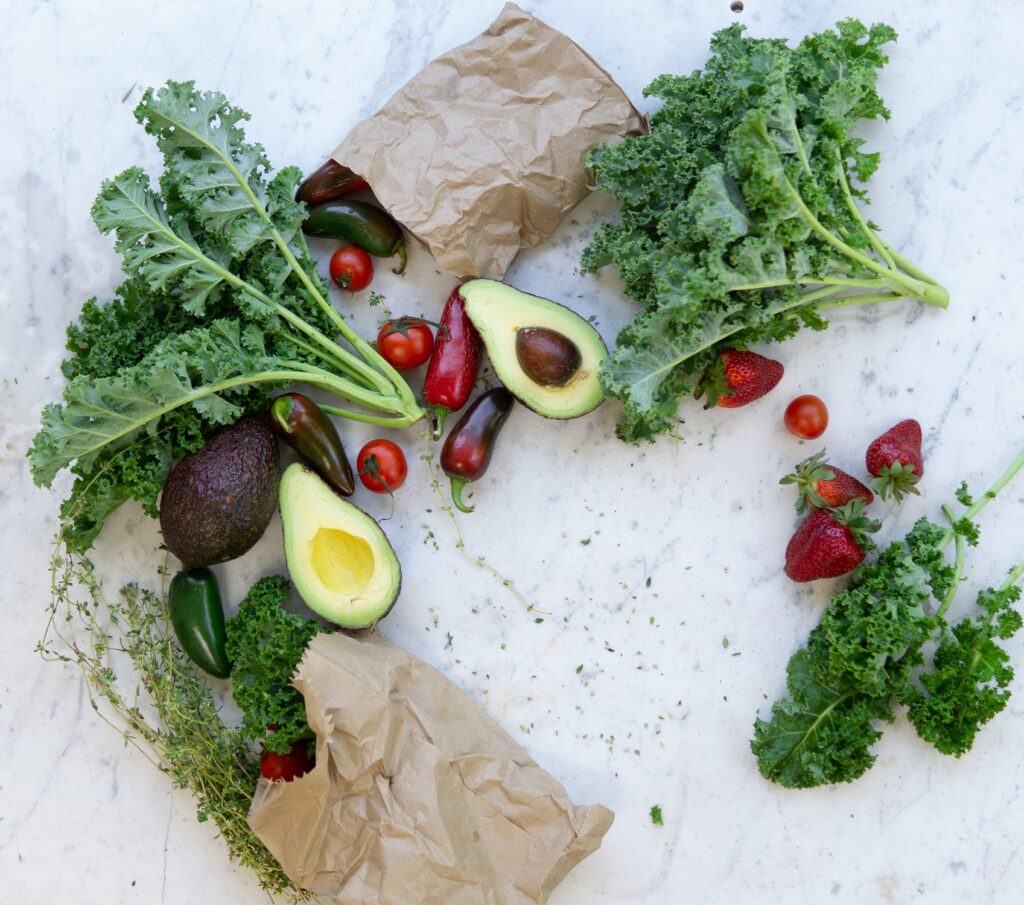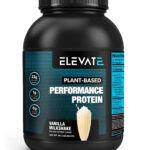Since the last few years, a plant-based vegan diet has become popular among the general public. More and more people are going towards it every day for health, environmental, or ethical reasons.
There are a lot of benefits that comes with the vegan diet. However, if not done properly, a plant-based diet can cause nutrition deficiencies in your body – so you need to be slightly careful (emphasis on “slightly”).
Here is a complete guide on what a vegan is exactly and what a plant-based diet is, and how one can transition into it.
What is a Plant-Based Vegan Diet?
Some people think that vegan is just a short form of vegetarian. This isn’t quite right. A vegan diet primarily focuses on plant-based beverages, foods, and protein and eliminates all the animal products. Vegetarians, on the other hand, still consume animal byproducts. Fish, dairy, meat, and poultry are replaced with grains, nuts, beans, fruits, and veggies in a vegan diet.
Transition Towards Vegan/Plant-Based Lifestyle
We know it’s hard to just quit cold turkey. You can’t just wake up one day and decide to become a vegan. It’s a slow transition towards your goal. What most people don’t know is that it’s not as hard as it seems. Going vegan and plant-based is easier than most of you imagine.
Here are some helpful steps that will make your transition smoother.
Knowledge is the Key
Before adopting any lifestyle it’s better to learn all about it beforehand.
- Educate yourself about the benefits of plant-based and vegan lifestyle. Also, look into the costs of the products which are not animal-based – this will help you come up with a meal budget.
- Read the ingredients of the products before purchasing them to make sure there aren’t any animal based ingredients present.
- Research restaurants that serve vegan food around your area.
- Read books, blogs, magazines and watch documentaries, as they offer support and insights which will help you during this transition.
Add before Subtracting
Before you subtract meat and animal-based products from your diet, add products like nuts, grains, seeds, beans, and tofu.
Motivate Yourself
Don’t think of going vegan and eating plant-based products as going on a diet. Think of it as a lifestyle that you’re adopting for yourself. Remember what motivated you to switch to the vegan diet in the first place, and keep reminding yourself of this.
Making the Transition to a Plant-Based Diet
Like we said before, it is not easy to quit meat and dairy products just like that. Try transitioning to become a vegetarian before you go vegan. After you go vegetarian, slowly eliminate animal by-products like milk and honey from your diet.
Things to be aware of in a Plant-Based Vegan Diet
When you go to a vegan and plant-based, it’s crucial that you stay healthy. Since you’re cutting the proteins and vitamins that come from meats form your lifestyle, you need supplements to keep your body healthy.
Vitamin B12 is naturally present in animal-based food, so make sure you stock up on food that’s high on this vitamin. Also get a B12 vitamin. Additionally, you’ll need an iron supplement. New protein sources will also. Vegan sources that contain protein are beans, natural soy, lentils, and quinoa. So make sure you eat plenty of these.
IF you follow these steps, your transition to becoming a vegan should be seamless. Here’s to a healthier lifestyle. Cheers!
Written By: Elevate Nutrition Founders, Jillian Salomone and Paul Salomone







